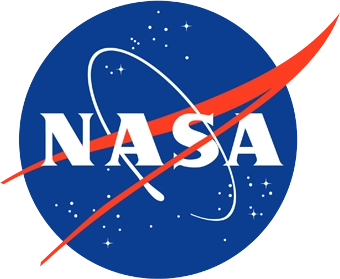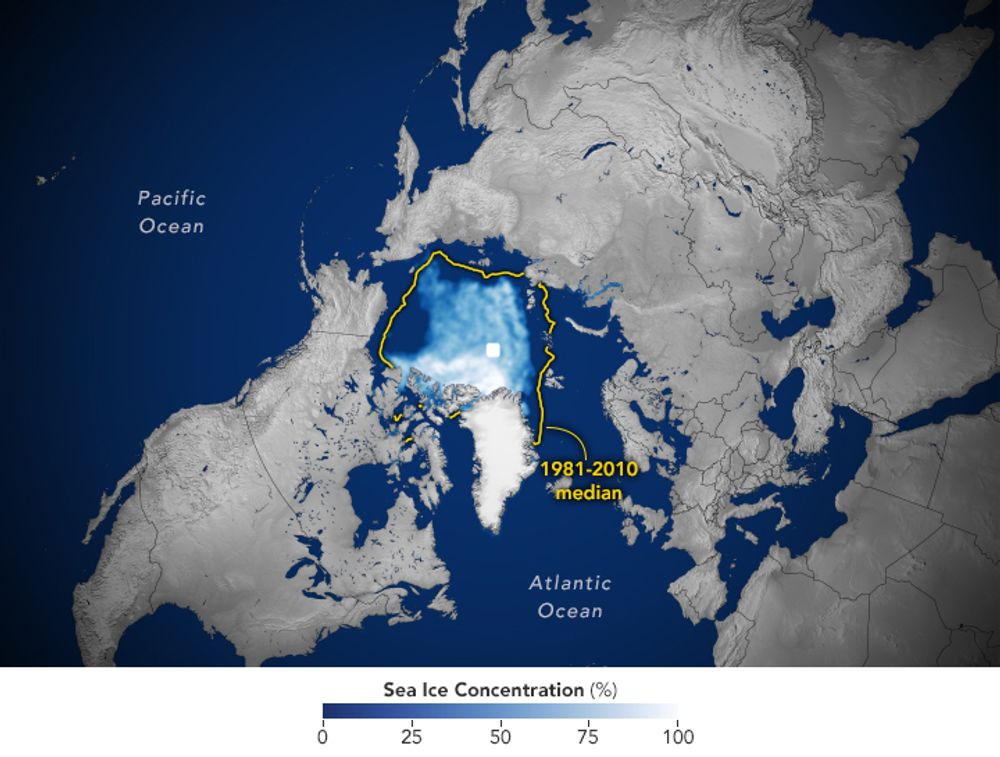Featured Videos
Arctic Sea Ice Maximum 2025
Winter sea ice cover in the Arctic was the lowest it’s ever been at its annual peak on March 22, 2025, according to NASA and the National Snow and Ice Data Center (NSIDC) at the University of Colorado, Boulder.
Antarctic Sea Ice Hits Annual Minimum, Second Lowest On Record
On February 20th, 2024, Antarctic sea ice officially reached its minimum extent for the year. This cycle of growth and melting occurs every year, with the ice reaching its smallest size during the Southern Hemisphere's summer.
Is Polar Ice Melting? We Asked a NASA Expert
Is polar ice melting? The sobering answer is yes, and it’s the number one contributor to sea level rise. NASA scientist Dr. Brooke Medley tells us how NASA studies the relationship between ice sheets and sea level to better understand our changing planet.
Two Scientists Have a Frank and Honest Discussion about Antarctica
NASA Glaciologists Kelly Brunt and Alex Gardner discuss the history, challenges, and evolution of mapping the Antarctic continent and what it means for science and society.


